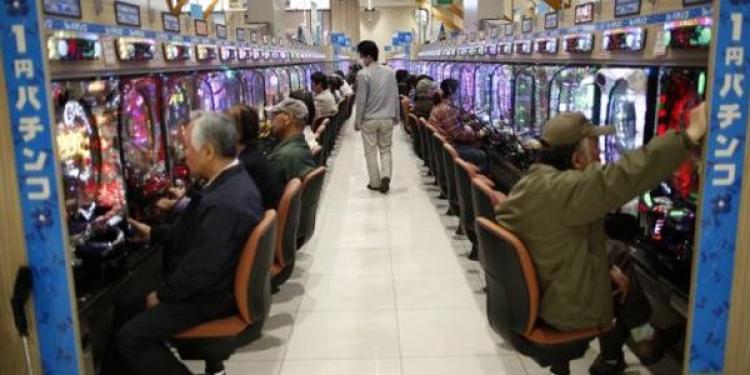Casino Legislation Reignites Debate Over Pachinko Legality
Posted: May 14, 2014
Updated: October 4, 2017

Moves to legalize and regulate casinos in Japan have led to a reopening of the debate surrounding the legality of the country’s Pachinko machines.
The game is extraordinarily popular in a country with no legal gambling, and one in six Japanese playing the game. However, it is a game that has remained on the edge of Japanese gambling laws, operating as an amusement arcade instead of as slot machines.
One of the main changes would be an introduction of a Pachinko tax, with the industry expected to bring in $2 billion worth of tax revenue every year whichever system the government chooses to implement.
Legal Casinos by the 2020 Olympics
The move comes as the government has continued to push plans for legal casinos in Japan in time for the 2020 Olympic games. The super casinos are seen as a major potential income source for both the government and the Japanese economy, although there are worries about the impact of organized crime on the gambling sector.
While any Pachinko tax could hurt operators, the public has been slowly drifting away from the game, especially as mobile casinos and arcade games become more prevalent.
Indeed, numbers are said to have halved between 2002 and 2012, and Pachinko operators are worrying about the ageing demographic of their customers. Major operators, therefore, are welcoming the legalization of the casino industry as they look to diversify within Japan.











